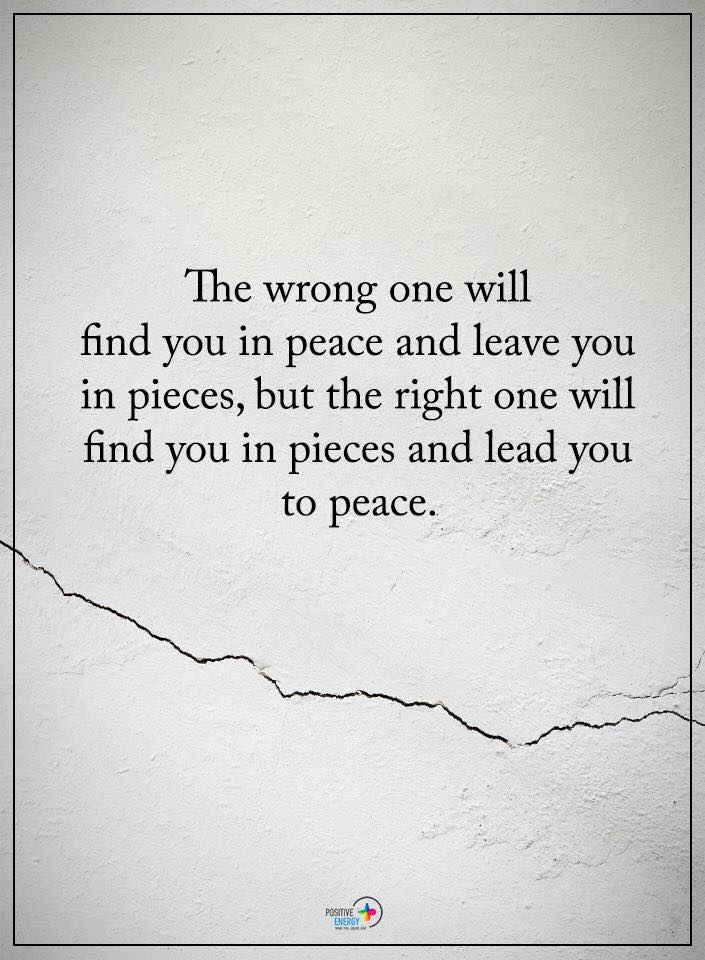Relationships can be a lot of work. While most of the time, relationships should be healthy and supportive, it’s still two people working together to create something. This means that not all relationships end up being healthy. Moreover, it’s sometimes hard to pinpoint exactly when a relationship is not healthy. In fact, several toxic traits and habits happen in an unhealthy relationship. However, most people seem to think they are healthy behaviors.
Understanding what is and isn’t toxic in a relationship means you’ll be able to see when parts of your relationship or others are no longer healthy. It’s also great to see the toxic parts and work to change them so your relationship becomes healthy again.
Here Are 7 Habits Of Toxic Relationships That Are Not Healthy
“Healthy relationships nourish and support us. A toxic relationship, on the other hand, is like poison to us — instead of lifting us up, it makes us feel worse,” says marriage & family therapist and author Darlene Lancer, JD, MFT.
1. Conflict mistaken for passion is toxic
In many movies and television shows, the conflict between love interests is often mistaken as passion. In turn, the false notion can lead real people in their day-to-day lives to mistake conflict in their relationship as passion. Arguments and disagreements in relationships are standard, but screaming matches and everyday fighting isn’t.
Psychologist Harriet Lerner states, “Remember that happy couples are not couples that don’t fight. Rather they’re couples that fight fair and take responsibility for their own words and actions, no matter how furious they may feel inside.”
People seeking out conflict in their relationship for intense reconciliation are often addicted to the dopamine they get after the fight is over. Of course, this is unhealthy for both partners.
2. Keeping the peace
It seems healthy to want to make sure your relationship stays peaceful, and no one gets upset. But if that comes at the cost of talking honestly to your partner about your feelings, and having to keep things to yourself to avoid arguments, then it’s an incredibly toxic habit that needs to be broken.
“Ridiculing or humiliating each other is not a good idea, or a good omen. But if you can both talk honestly about what irritates or upsets you and why, you are more likely to understand each other better. It can feel easier to avoid being honest if we feel that could be hurtful, but it is only with honesty that trust is built, and trust is the essence of a good relationship,” says author Kate Figes.
Ignoring problems in a relationship in order to avoid conflict will only mean that the problems pile up until they can no longer be ignored – and by then, it might be too hard to fix.
3. Keeping score
Wanting your relationship to be equal is a good step to ensuring it stays healthy. However, if you or your partner seem always to be keeping track of what you do, versus what they do … this is keeping score, and a way to create pressure and conflict where there should only be teamwork. A relationship is like a partnership, so rather than keeping score, partners should sit down together and work out a plan on things like chores or bills, and who does or pays what. It’s a great way to ensure the relationship is equal, without falling back on toxic habits.
4. Tit-for-tat is a toxic (and childish) game
When our partners tell us that something is bothering them or something that we did upset them, it’s natural to want to defend ourselves. Unfortunately, this sometimes leads to us telling our partners something equally wrong that they did to upset us – instead of listening to what they have to say.
Couples counselor David Waters says, “According to research, people who sneer, ridicule or talk down to their partner are on a fast track to relationship destruction.”
If your partner comes to you with something that you did that upset them, listening to what they have to say and talking through it is more important than defending yourself – or trying to come up with something worse than they did.

5. Never fighting is toxic
While most people think never fighting is the best way to have a relationship, it’s simply not feasible. There doesn’t need to be shouting matches or arguments every day, but having two people with two sets of values, opinions and thoughts mean that disagreements are bound to happen. When you have two people who never fight, you have two people who aren’t being entirely honest with one another. It’s okay to argue, as long as you do so fairly.
“Researchers have found that four conflict messages are able to predict whether couples remain together or get divorced: contempt, criticism, stonewalling (or withdrawal), and defensiveness. Together, they’re known as the ‘Four Horsemen of Divorce,” says Sean M. Horan, Ph.D., assistant professor of communication, Texas State University.
6. Needing to be “completed”
Another person is not supposed to “complete” anyone else. We are not people with holes inside of us. We are whole, complete people already. When we think that we need someone else, especially a romantic partner, to complete us and make us whole, it shows an unhealthy dependency on another person.
Couple’s therapist Matt Lundquist, LCSW says, “You are my everything’ is a lousy pop-song lyric and an even worse relationship plan. No one can be ‘everything’ to anyone. Create relationships outside The Relationship, or The Relationship isn’t going to work anymore.”
Placing that much importance on your partner to make you a whole and complete person means that your partner will feel too much pressure to stay with you, even if things aren’t working.
7. Jealousy is toxic
Everyone thinks feeling jealous is supposed to be sexy or romantic. But being jealous is a toxic behavior. We can’t control our feelings, and sometimes we get jealous over things. But it’s important not to express that jealousy in a way that can hurt our partners, or in a way that’s toxic and upsetting.
Professional matchmaker and dating coach Bonnie Winston says, “One sign your relationship is toxic is that you are filled with jealousy. You stalk [their] social media accounts looking at [their] friends and contacts and wonder about each pretty face [they’re] connected to. Jealousy is NOT a healthy emotion.”
It’s okay to express how you’re feeling. But you must recognize that it’s not healthy behavior and that it needs to be changed.
Final thoughts
All relationships take work! Even ones that sometimes display habits that seem to be healthy but are in reality, toxic. Understanding and recognizing these behaviors is the first step to changing the dynamic of the relationship. In turn, you can get things set on the right path.

















